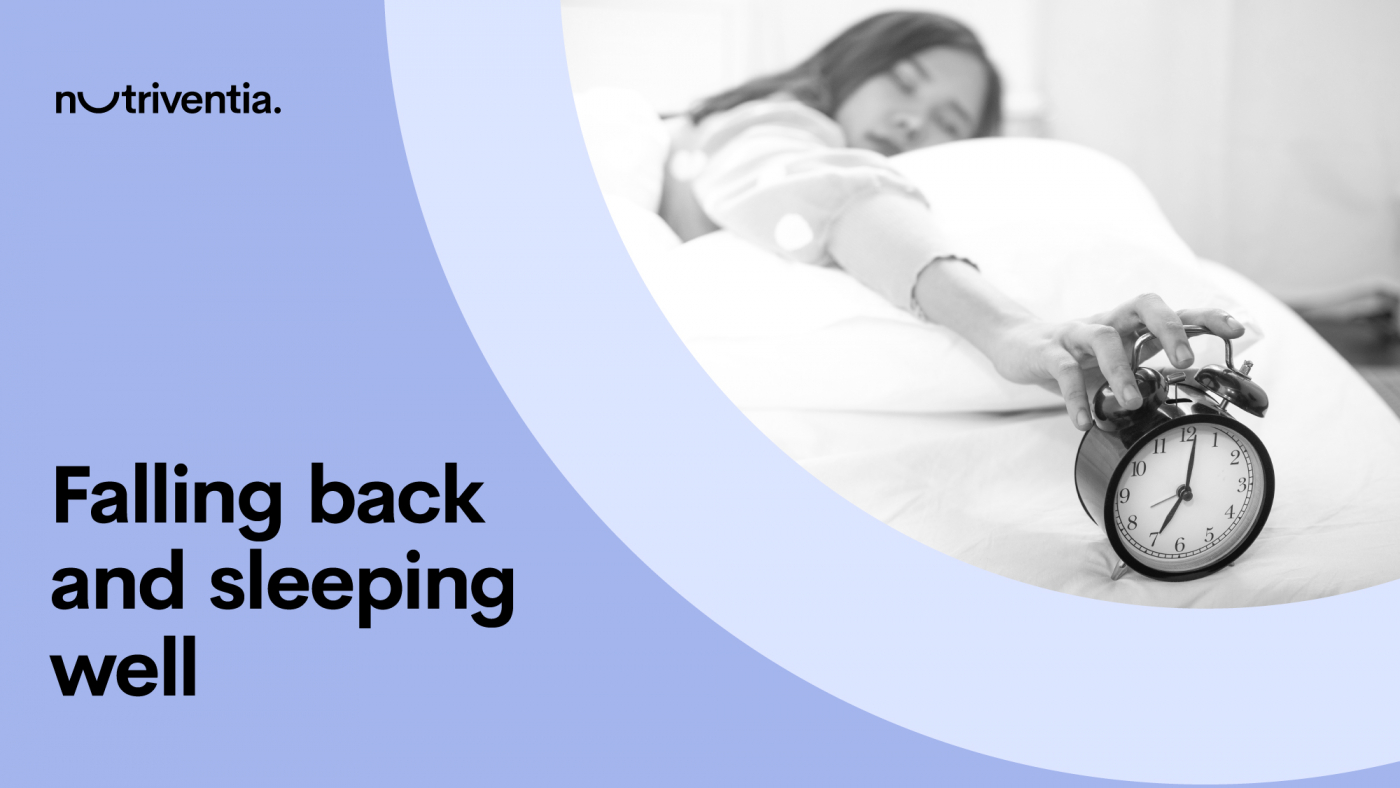Daylight savings time (DST) officially ends on the first Sunday in November; this year that date is November 5. Many of us bemoan the earlier nightfall; for most, it is pitch black by 5:00 p.m.
Some may say “it’s only one hour, how could that possibly affect me other than being irritated about all that darkness?”
According to the experts at www.sleep.com, after daylight savings time ends the most common issues arising from time-related sleep disturbances include sleepiness during daytime, irritability, and moodiness. These are brought about by a “misalignment” between the internal and environmental clocks caused by the jolt of the one-hour change.
According to the Sleep Foundation, the transition from standard time to DST may cause some to experience difficulty in adjusting to a new wake-up time; the body needs to get used to it.
Also, in an attempt to stave off early sleepiness, people may turn to caffeine to allow them to stay up to watch their favorite shows. Problem is, jouncing oneself through caffeine (or similar products) can delay sleep onset — a vicious cycle.
It is no wonder that millions of busy, active and health-minded consumers are concerned about a derailed sleep-wake cycle. Waking up one hour earlier — when that one full, precious hour of slumber is lost — is not only frustrating, but it can also dull mental sharpness, blur cognitive focus and interrupt the normal expediency of routine.
Melatonin to the Rescue
According to Nutrition Business Journal’s2022 Condition Specific report, sales of products for healthy sleep were expected to grow 4.8% this year and climb impressively to 6.2% for 2024. And by 2025, sleep support is expected to swell to a $1.59 billion market.
Melatonin remains the king of the dietary supplement dream-weavers. Its growth in the market leaped from 2.3% in 2022 to an estimated 3.0% this year and is expected to see a higher jump at 3.8% next year.
Consumers just really like melatonin. According to a 2022 published article in JAMAthat analyzed data from two cycles of the National Health and Nutrition Examination Survey (NHANES) from 1999-2000 and 2017-2018, the use of melatonin for sleep grew from 0.4% to 2.9%, showing a clear slow but steady increase in awareness, knowledge and use of this supplement. This historic data suggests that melatonin will remain firmly in first place in the sleep supplement stakes.
The analysis also found that consumers are taking higher doses, such as greater than 5 mg daily, and the number of people doing this has risen, growing from 0.08% in 2005-2006 to 0.28% in 2017-2018. (These data may have risen but have not been analyzed as of yet since this was published in 2022.)
Melatonin has been widely studied. And there’s just no denying that it is helpful for sleep-inducement. This is great news for revved-up students who have grades and social lives that keep them up, as well as harried parents who think that the exhaustion of their days should make them drop to sleep but don’t. In later fall, the holiday season arrives, causing more sleep issues (Cousin Kieran is a diehard Democrat but my brother Riley is a staunch Republican, how do I keep the peace at Thanksgiving?” Or “She has everything, what am I going to gift her this year?”).
One meta-analysisof 23 RCTs investigating effects of melatonin on sleep quality (the kind that allows for waking up refreshed and alert), concluded that melatonin supplements provided significant effect on sleep quality as assessed by the universal testing method, the Pittsburgh Sleep Quality Index.
When deciding what would be the best melatonin to use, consider that many melatonin supplements release the melatonin immediately, and it is mostly absorbed in the stomach. These tend to support sleep for approximately four hours.
The Best Melatonin
But for many people, especially in the fall, four hours of sleep just is not enough.
Melotime™is a sustained-release melatonin that releases systematically during 8 hours of sleep. Its release profile (50% of the dose in the first hour followed by the release of the remainder at each hour for 7 hours) allows for extended slumber. Melotime™ is shown to help promote eight hours of sound sleep. Its unique release profile not only helps promote sleep onset and sustain uninterrupted sleep but also to awaken naturally and alert.
Formulators can be reassured that with Melotime (over other melatonin materials) the release profile is safe and effective. Each pellet has a fixed amount of melatonin in a time-release matrix. Each batch is tested for its dissolution profile before release, ensuring an accurate and repeatable delivery with every batch.
Autumn surrounds us with a refreshingly brisk atmosphere, perfect for the increased hectic pace from summer. It’s a perfect time, too, to remind consumers that their sleep can be impaired and that a refreshing, sustained sleep can help them enjoy this dazzling time of year.



